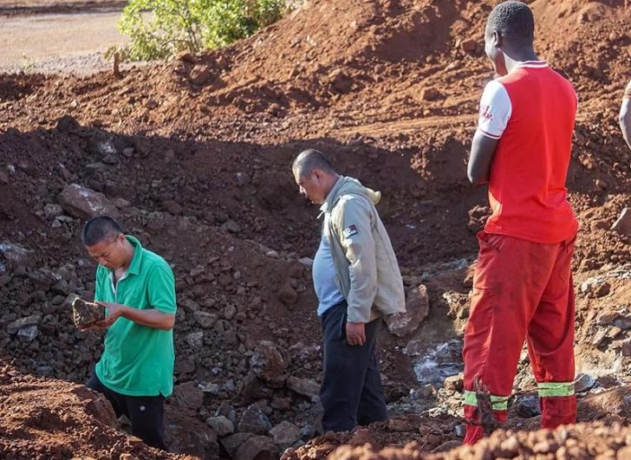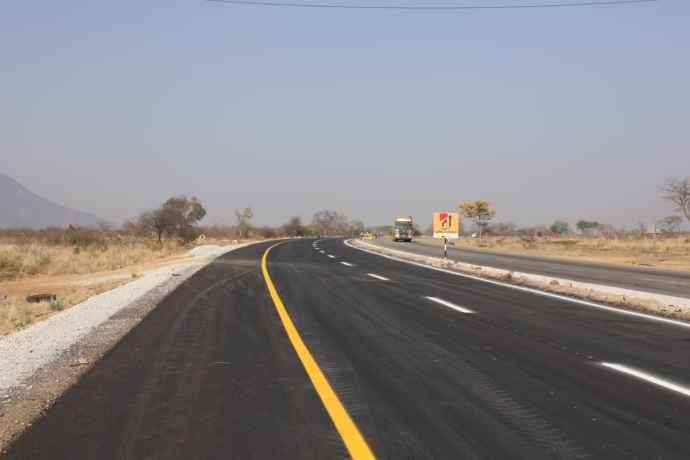
The Cabinet reviewed the report on the Signing Ceremony of the Joint Drought Flash Appeal Document, presented by the Minister of Local Government and Public Works, Honourable Daniel Garwe
President Mnangagwa had declared the El Nino-induced drought a State of Disaster on March 28, 2024, under Section 27(1) of the Civil Protection Act. This declaration initiated both domestic and international appeals for aid, totaling US$3.3 billion, targeting critical areas such as search and rescue, mitigation, response, and resilience-building.
On May 27, 2024, Minister Garwe and Dr. E. M. Kallon, the United Nations Resident and Humanitarian Coordinator in Zimbabwe, signed a Drought Flash Appeal as part of efforts to mobilize resources to respond to the drought. This specific appeal aims to raise US$429.3 million, which constitutes 13% of the overall national appeal requirements.The Food Security and Livelihoods sectoral response strategy will align with the Drought Risk Management Strategy 2017-2025 to protect lives and livelihoods. The Food and Agriculture Organization (FAO) and the Ministry of Lands, Agriculture, Fisheries, Water and Rural Development will work together to resource the agriculture sector through a combination of crop production and livestock protection strategies.
In rural areas, food assistance will be provided through the Food Deficit Mitigation Programme, implemented by the Ministry of Public Service, Labour and Social Welfare. In urban areas, the World Food Programme, in collaboration with the Ministry of Public Service, Labour and Social Welfare, will implement cash-based transfers to support food-insecure households.In the Water, Sanitation, and Hygiene (WASH) sector, efforts will focus on establishing and strengthening effective early-warning, surveillance, and monitoring systems to understand the impacts of drought on households’ access to safe drinking water in both rural and urban areas.
The sector also aims to provide basic climate-resilient and safe water services to communities, health facilities, and schools facing water challenges. This will be achieved through the rehabilitation of existing boreholes and the drilling of new ones equipped with solar-powered pumps. Additionally, Village and School Business Units will be capacitated through water provision and drip irrigation technology.
The government stresses that it will expend all efforts to ensure that no one starves due to the prevailing El Nino-induced state of disaster, while also building national food security resilience. This multi-sectoral approach, involving local and international partners, aims to safeguard lives and livelihoods across Zimbabwe.
Positive Eye News




